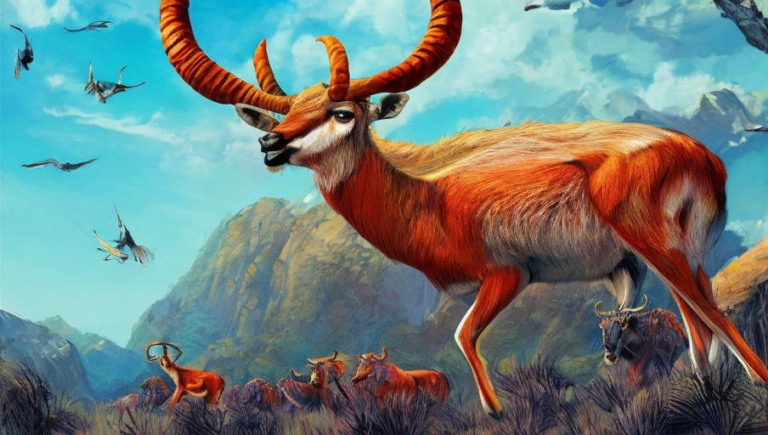Hazards Facing Antelope in the Wild

Hazards Facing Antelope in the Wild
Antelope are magnificent creatures, with their impressive horns and agile movements, they have long been popular amongst hunters and wildlife admirers. Unfortunately, antelope face many hazards in the wild that threaten their populations.
Habitat Loss
Habitat loss is one of the greatest threats facing antelope. as human development continues to encroach upon wild areas, antelope are pushed out of their natural habitats and into areas with limited resources. This can lead to competition for food and water, as well as a decrease in the availability of safe breeding grounds.
Illegal Hunting
In some parts of the world, antelope are illegally hunted for their horns and other body parts. This illegal trade can decimate certain antelope populations, with some species facing the danger of extinction due to illegal hunting.
Climate Change
Climate change is another hazard facing antelope. Rising temperatures can reduce the availability of food and water, as well as impact the habitats they depend on. Additionally, extreme weather events such as floods and droughts can have a devastating effect on antelope populations.
Predation
Antelope are also preyed upon by a variety of predators, including lions, leopards, hyenas, and cheetahs. These predators can decimate antelope populations, especially when their numbers are already low.
Human-Wildlife Conflict
In some areas, antelope are seen as a threat to crops and livestock, leading to conflicts between humans and wildlife. This can lead to antelope being hunted or poisoned, further depleting their numbers.
Solutions
Thankfully, there are a number of things that can be done to help protect antelope from these hazards. One of the most important is to work to protect their habitats. This can include setting up protected areas where antelope can live safely, as well as working to restore degraded habitats. Additionally, illegal hunting and poaching must be stopped, and laws must be enforced to ensure that antelope are not being hunted illegally. Finally, efforts must be made to reduce and resolve human-wildlife conflict, such as educating local populations about the importance of wildlife and providing alternative sources of income that do not involve hunting.
It is essential that we take action to protect antelope and their habitats in order to ensure their future. By doing so, we will be helping to preserve the incredible biodiversity of the planet and ensure that we can continue to enjoy these magnificent creatures for generations to come.





